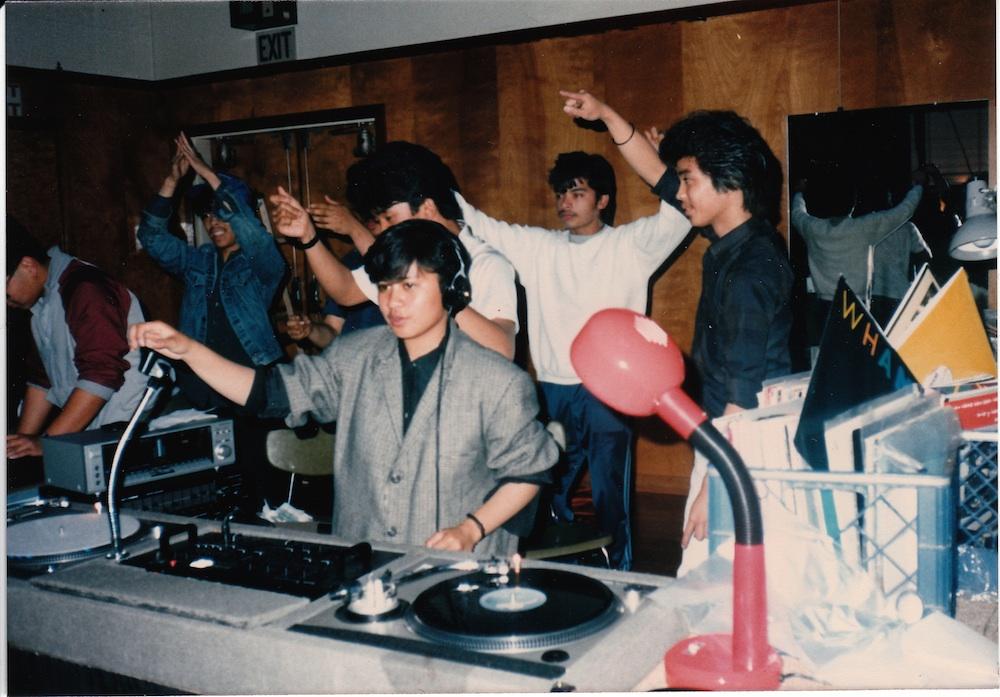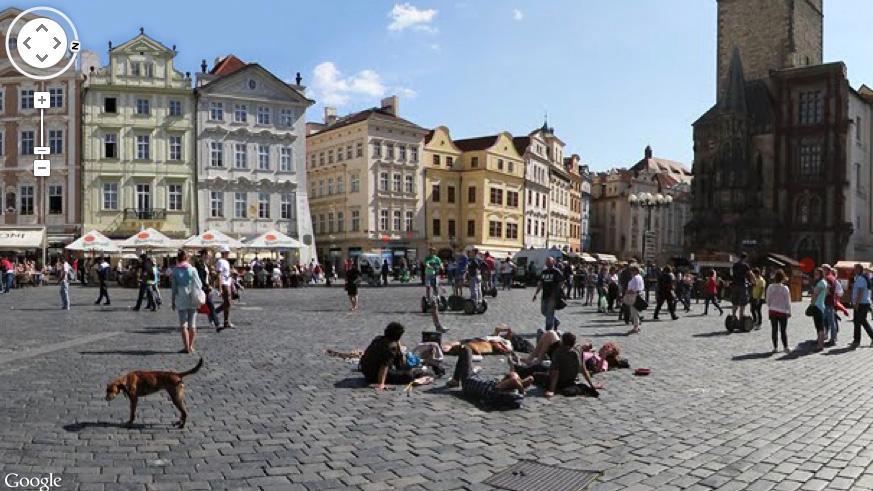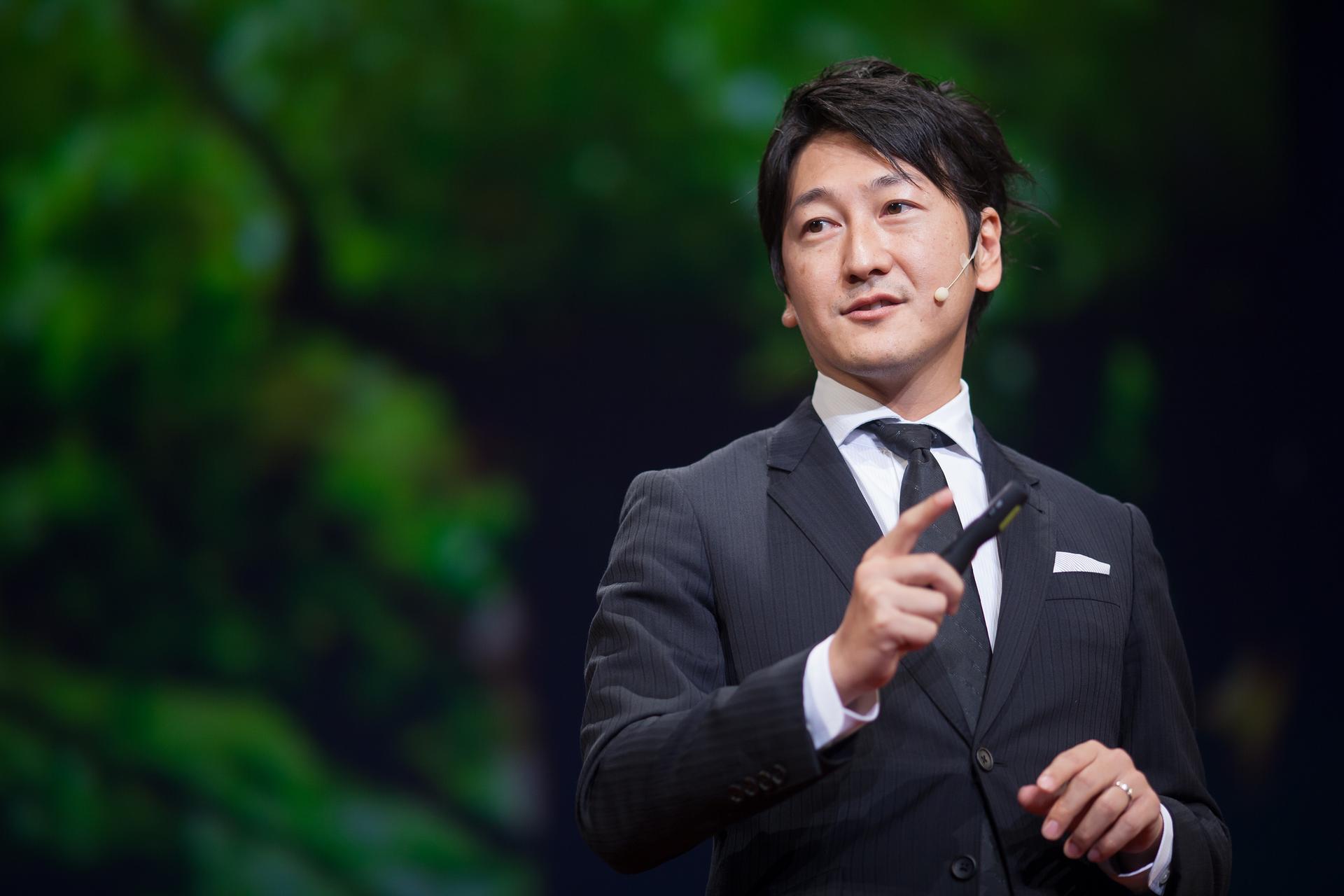Sam Harnett
The WorldSam Harnett is a reporter and producer who contributes regularly to The World, Marketplace and KQED.
Sam Harnett is a reporter who covers tech and work at KQED in Northern California. For the last five years, many of his stories have shown how technology and capitalism are changing the way we think about ourselves and what it means to work. He is the co-creator of The World According to Sound, a 90-second podcast that features different sounds and the stories behind them. Before joining KQED, Sam worked as an independent reporter who contributed regularly to The California Report, Marketplace, The World and NPR.
Why young Japanese are joining a new wave of protests
Japan’s protest movement has been mostly dormant for decades. But a move by the prime minister to change the constitution is getting people out on the streets.Japan’s protest movement has been mostly dormant for decades. But a move by the prime minister to change the constitution is getting people out on the streets.
What does the US citizenship exam actually test?
The US citizenship has an amazingly high pass rate — but it also has a number of critics. They argue the questions, frankly, are bad. And the test doesn’t encourage immigrants to become better citizens, but rather to memorize facts they can write on the test.
Could you pass the test? International citizenship tests are often more interested in cultural quirks than national knowledge
At some level, all countries push new citizens to integrate and that’s where civics and language citizenship tests come in. But when you take a longer look at how citizenship exams are developed worldwide, you realize they can have less to do with methodology than promoting a strict cultural identity.
Canada takes another run at finding a pipeline for its tar sands oil
There’s a new front opening in the effort to pump oil out of Canada’s tar sands. Plans to build pipelines to the south to the Gulf of Mexico and to the west to the Pacific Ocean are in question. Now TransCanada wants to head east from Alberta to refineries on the Atlantic.
The New American South: Latinos Make Their Mark in an Appalachian City
El Nuevo South. That’s how some refer to the recent influx of Latinos to places like South Carolina, Arkansas, and Georgia. The changing demographic has sparked racial tensions. But the city of Dalton, in northwest Georgia, has a different story.


